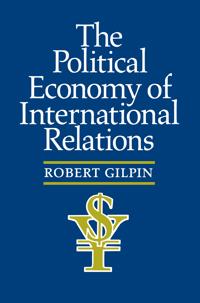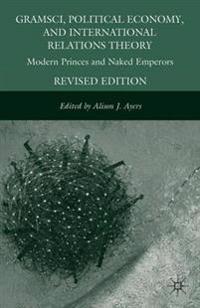The Political Economy of International Relations (Häftad)
avRobert Gilpin
ISBN: 9780691022628 - UTGIVEN: 198706After the end of World War II, the United States, by far the dominant economic and military power at that time, joined with the surviving capitalist democracies to create an unprecedented institutional framework. By the 1980s many contended that these institutions - the General Agreement on Tariffs [...]
Cities in the International Marketplace: The Political Economy of Urban Development in North America and Western Europe (Övrig)
avH.V. Savitch, Paul Kantor
ISBN: 9780691120140 - UTGIVEN: 2004-07-19Does globalization menace our cities? Are cities able to exercise democratic rule and strategic choice when international competition increasingly limits the importance of place? "Cities in the International Marketplace" looks at the political responses of ten cities in North America and Western Eur[...]
Votes, Vetoes, and the Political Economy of International Trade Agreements (Övrig)
avEdward D. Mansfield, Helen V. Milner
ISBN: 9780691135298 - UTGIVEN: 2012-07-03Preferential trading arrangements (PTAs) play an increasingly prominent role in the global political economy, two notable examples being the European Union and the North American Free Trade Agreement. These agreements foster economic integration among member states by enhancing their access to one a[...]
Votes, Vetoes, And The Political Economy Of International Trade Agreements (Pocket)
avEdward D. Mansfield, Helen V. Milner
ISBN: 9780691135304 - UTGIVEN: 2012-05-18Preferential trading arrangements (PTAs) play an increasingly prominent role in the global political economy, two notable examples being the European Union and the North American Free Trade Agreement. This book offers insights into the political economy of PTA formation.[...]
Gramsci, Political Economy, and International Relations Theory (Häftad)
avPat Cascio, John McSweeny
ISBN: 9781137304681 - UTGIVEN: 201302This book seeks to provide the most comprehensive and sustained engagement and critique of neo-Gramscian analyses available in the literature. In examining neo-Gramscian analyses in IR/IPE, the book engages with two fundamental concerns in international relations: (i) the question of historicity and[...]







